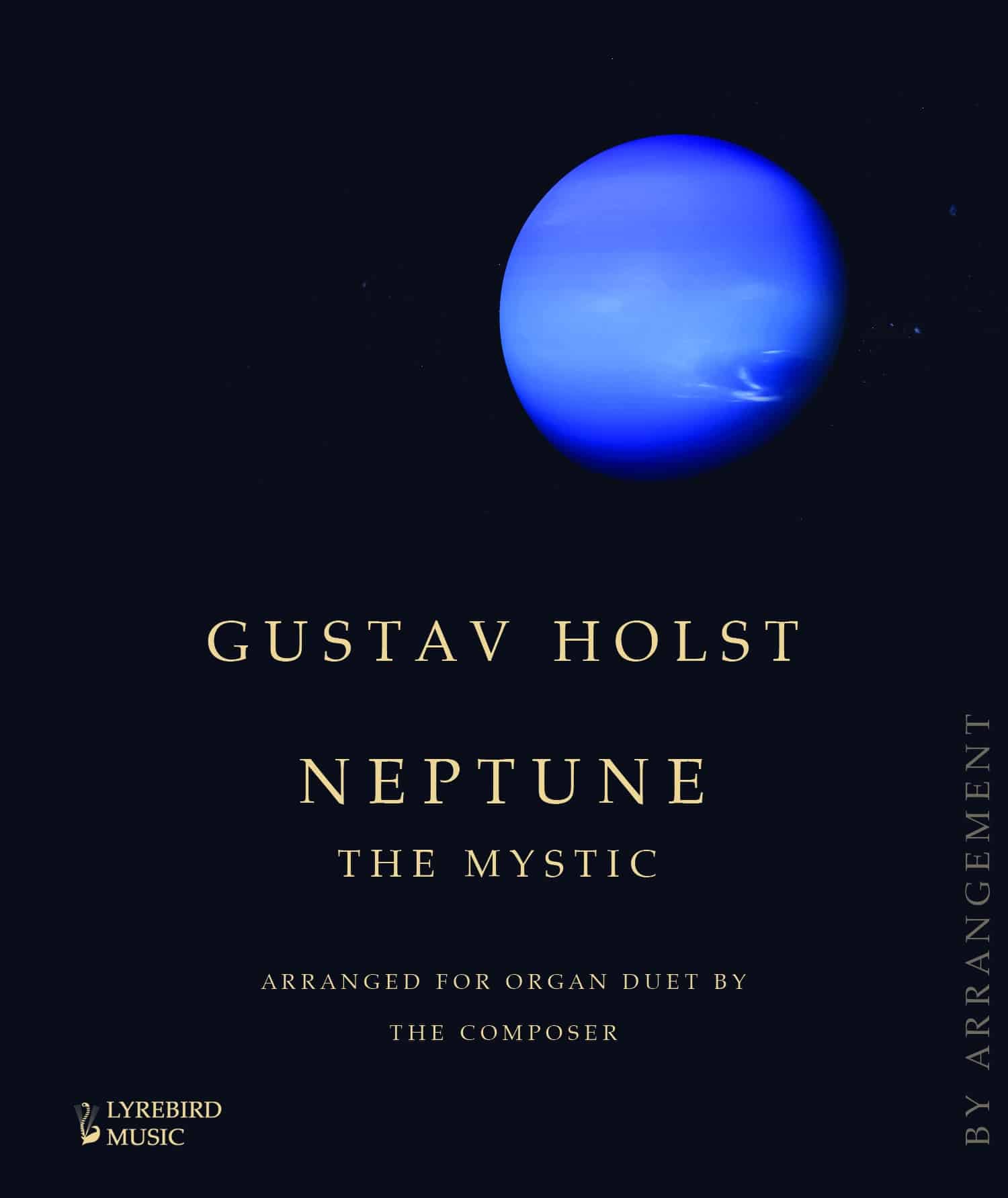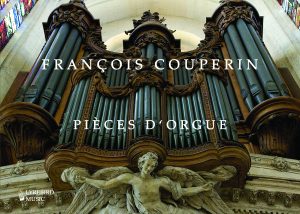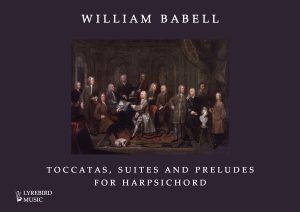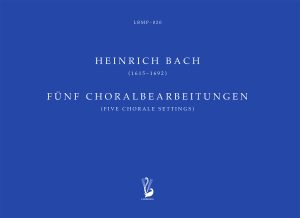LBMP–062: Gustav Holst – Neptune, the Mystic (The Planets), arranged for organ duet by the composer (Second Edition)
€14.99 – €19.99 excluding import duties
ISBN: 978-1-917401-11-1 21 pages total Arranged by Gustav Holst Second Edition; edited and amended by Malcolm Archer
- Available in wire binding and PDF format (single download only)
- The first edition of Holst’s arrangement for organ duet
- Three available formats
- Wire-bound with soft colour cover (choice on checkout)
- Tablet (PDF – one download available for 5 days)
Prices vary according to your needs. Please first choose the format you require.
Please note that this second edition supersedes the first, which contained several egregious errors. Lyrebird Music cannot apologise enough for this oversight. We have tried to trace all who purchased the earlier edition. If you have a copy but have not heard from me, please write to post@lyrebirdmusic.com and a complimentary replacement will be sent at our expense.
Lyrebird by Arrangement: Holst –– Neptune, The Mystic from The Planets, Op. 32 (Second Edition)
Arranged by the composer
Edited and amended by Malcolm Archer
Born in Cheltenham, Gloucestershire, in 1874, Gustav Holst came from an intensely musical family; his father was a church organist in Cheltenham, and his uncle was a composer of light salon music. His grandfather, Gustavus Valentine, was a composer and teacher of the harp at the Imperial Russian Court.
Holst became a student at the Royal College of Music in 1893, where he studied piano, organ, trombone, and composition under Charles Villiers Stanford, who had many distinguished pupils, including Ralph Vaughan Williams and Herbert Howells. On leaving the College in 1898, unable to support himself as a composer, Holst began to play the trombone professionally and later became a teacher––a great one––according to his friend Ralph Vaughan Williams). By 1903, he was able to concentrate more fully on composition. However, this did not prevent him from pursuing his keen interest in music education. He became Musical Director at Morley College and a teacher at St. Paul’s Girls School, where he remained from 1905 until he died in 1934. Indeed, it is likely that some of the students at St. Paul’s would have a crucial role in preparing the orchestral parts for The Planets.
Holst began composing The Planets in 1914, the impetus born from a passion for astronomy and a drive to compose a large-scale orchestral work. ‘Mars’ was written first, followed by ‘Venus’ and ‘Jupiter’. 1915 saw the completion of ‘Saturn’, ‘Uranus’ and ‘Neptune’. ‘Mercury’ came in 1916.
‘Neptune’, the fourth largest planet in the solar system in diameter, is the suite’s final movement, and this movement is the most impressionistic of all, reminding us of some of the orchestral colours used by Debussy and Ravel. At the end of the movement, Holst brings in a mystical, wordless female chorus, an effect that the commentator John Warrack likens to ‘unresolved timelessness … never-ending, since space never ends, but drifting away into eternal silence’. Holst’s original choice of organ duet is unusual, and this duet arrangement pre-dates the piano duet version. It relies on subtle registration changes to create the necessary magic and colour. The ideal instrument would be a romantic organ with warm and colourful stops, especially among its string ranks and soft flutes, which can easily replicate orchestral sounds.
The original manuscript may be found in The Parry Room Library of the Royal College of Music (MS 4556). Although the manuscript was published as a facsimile in 1979 (Faber, London), this is the first edition of this movement to be published. Our thanks go to the Holst Society and Colin Matthews for agreeing to this remarkable arrangement to be published.
Malcolm Archer spent many years at the helm of Cathedral music in England, having been Organist and Director of Music at Bristol, Wells and St. Paul’s Cathedrals and Director of Chapel Music at Winchester College. He is a widely published composer of choral and instrumental works and receives frequent commissions for new material. Archer’s work as an organist, pianist and conductor has taken him to various parts of the world, and he is often invited to conduct his own works. As a piano accompanist, he works frequently with singers, and writing English song is something very close to his heart. Malcolm’s other collaborations with Lyrebird Music include Four Folksong Settings and Four Shakespeare Songs (LBMP–046 and 047) for tenor or soprano and piano.
Related products
Your Shopping Cart
Archives
Categories
Recent Posts
- Choir & Organ Magazine August 22, 2022
- Keith Harrington August 22, 2022
- Marie-Louise Langlais August 22, 2022
- James Kibbie August 22, 2022
Categories
- Testimonial (4)
- Uncategorized (1)




